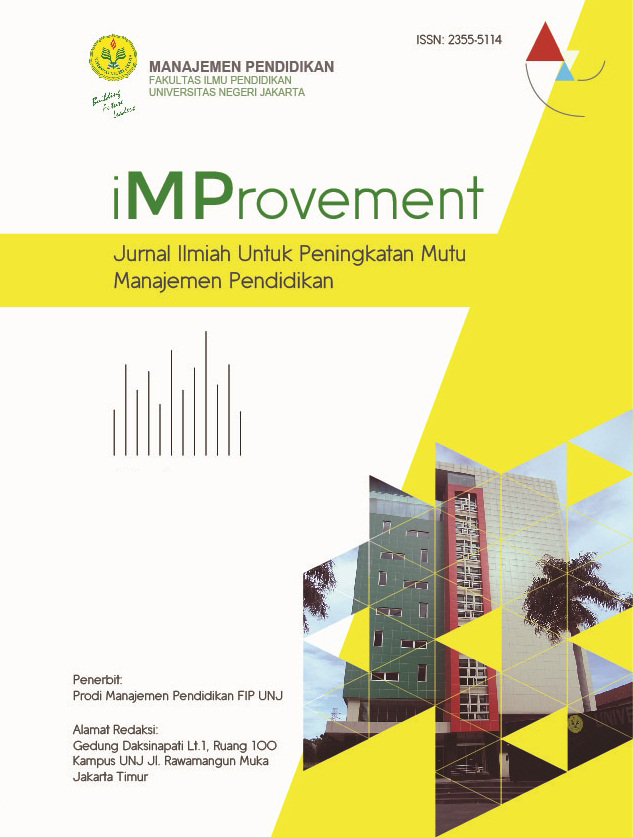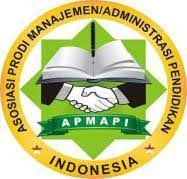Development of Guidelines for Preparing Hots Question Scripts for Vocational Schools Majoring in Computer and Network Engineering
DOI:
https://doi.org/10.21009/improvement.v10i1.34792Keywords:
HOTS, guideline, questions, Computer and Network EngineeringAbstract
The purpose of this research is to extend a guideline for creating High Order Thinking Skill (HOTS) questions or test for Computer and Network Engineering majors at the Vocational High School in Salatiga City. Research and development (R & D) approach is used in this research. This research uses the five steps of the Borg and Gall (1983) model: research and information gathering, data collection, product design, design validation, and design revision. All vocational school teachers majoring in Computer Engineering and Networks in Salatiga City were participated in this research. Data collection techniques were carried out by document studies, interviews, and questionnaires. Data analysis was carried out by qualitative analysis. The results of the research were in the form of extending a guideline for creating HOTS questions and test for Computer and Network Engineering teachers at Vocational High Schools in Salatiga City. Based on limited trials, this guideline received a score of 3,68 out of a maximum score of 4,00. That is what makes a book great. So, it can be concluded that this guideline can be used for Computer and network engineering teachers outside Salatiga City.
Downloads
Published
How to Cite
Issue
Section
License
Copyright (c) 2023 Arif Basuki Wibowo, Bambang Ismanto, Ade Iriani

This work is licensed under a Creative Commons Attribution-NonCommercial-ShareAlike 4.0 International License.
Authors who publish with this Journal agree to the following terms:
- Author retain copyright and grant the journal right of first publication with the work simultaneously licensed under a creative commons attribution licensethat allow others to share the work within an acknowledgement of the work’s authorship and initial publication of this journal.
- Authors are able to enter into separate, additional contractual arrangementfor the non-exclusive distribution of the journal’s published version of the work (e.g. acknowledgement of its initial publication in this journal).
- Authors are permitted and encouraged to post their work online(e.g. in institutional repositories or on their websites) prior to and during the submission process, as it can lead to productive exchanges, as well as earlier and greater citation of published works.
-
Users/public use of this website will be licensed to CC BY-NC-SA (Attribution & Non-Commercial-ShareAlike)



